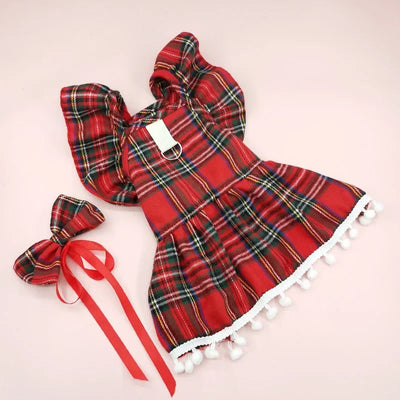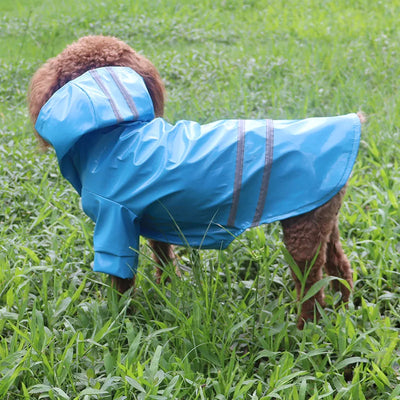Welcoming a litter of adorable little puppies into your home is an exciting and heartwarming experience. However, caring for these tiny bundles of joy requires special attention, especially when it comes to their feeding. Here are some essential tips to ensure your little furballs grow up healthy and happy.
1. Choosing the Right Milk Replacement (if needed)
If the mother dog is unavailable or unable to nurse, it's crucial to select an appropriate milk replacement specifically formulated for puppies. Never use cow's milk as it can cause digestive upset. Look for a high-quality puppy milk replacer that closely mimics the composition of mother's milk.

2. Feeding Frequency and Portion Sizes
Newborn puppies have tiny tummies and need to be fed frequently. During the first few weeks, they typically need to be fed every 2-3 hours. As they grow, the intervals between feedings can gradually increase. The amount of milk or formula given at each feeding depends on the puppy's age and size. It's important not to overfeed or underfeed, as both can lead to health problems.
3. Proper Feeding Techniques
When feeding, hold the puppy gently in an upright position and use a small, soft nipple on the bottle. Make sure the milk is not too hot or too cold, and the flow is not too fast to prevent choking or aspiration. After feeding, burp the puppy by gently rubbing its back to release any trapped air.
4. Transition to Solid Food
Around 3-4 weeks of age, you can start introducing solid food. Begin with moistened puppy kibble or a specially formulated puppy mush. Gradually increase the amount of solid food while reducing the milk feedings as the puppies start to adapt to chewing and digesting solid food.
5. Hydration
In addition to milk and food, always make sure fresh, clean water is available. Puppies need to stay hydrated for proper growth and development.
6. Monitoring Weight and Growth
Regularly weigh your puppies to ensure they are gaining weight at a healthy rate. A lack of weight gain or excessive weight loss can be a sign of a problem and may require veterinary attention.
7. Sanitary Measures
Keep the feeding area clean and sterilize the bottles and nipples after each use to prevent the spread of bacteria and infections.
8. Veterinary Check-ups
Schedule regular visits to the veterinarian for check-ups and vaccinations. The vet can provide valuable advice on your puppies' diet and overall health.
Feeding and caring for newborn puppies is a labor of love that requires patience and attention to detail. By providing the right nutrition and care, you'll be giving these precious little lives the best start in life.








